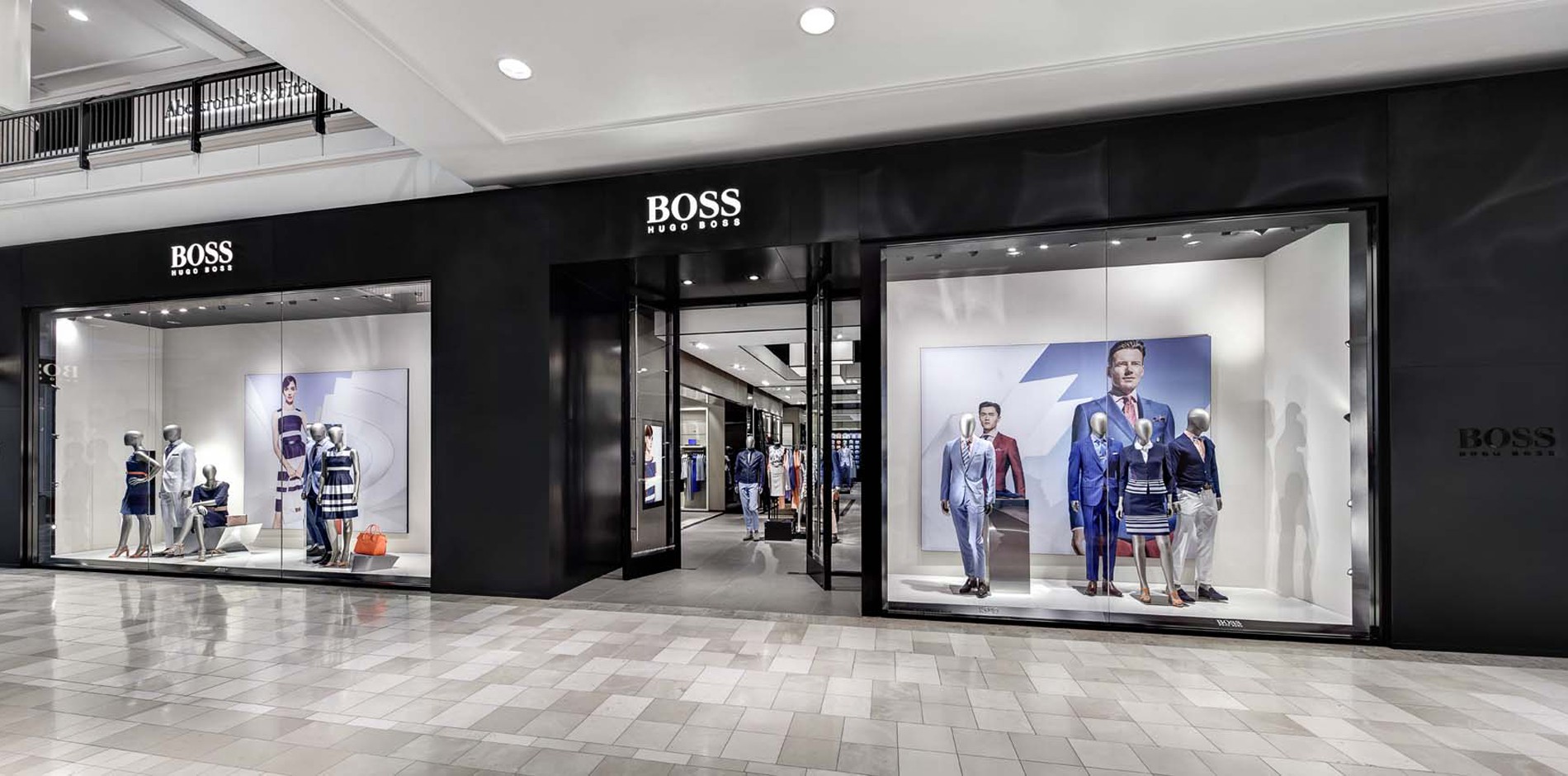Challenging Market Conditions Slowed the Company’s Growth After Serious Gains Following Its Major Rebrand
Hugo Boss experienced a 1 percent decrease in second-quarter revenues, which amounted to 1.01 billion euros. Following a redesigned brand image and significant marketing investments, Hugo Boss has recently seen an increased brand relevance and won numerous global consumers, according to CEO Daniel Grieder.
However, Grieder noted, after this phase of strong growth, the company was affected by a substantial decline in the global market environment in the first half of 2024. A rapid industry-wide slowdown, driven by weakening consumer sentiment, impacted Hugo Boss as well.
Despite the second-quarter drop, the company reported a 3 percent growth in first-half revenues on a currency-adjusted basis, totaling 2.03 billion euros.
Hugo Boss’ organic sales decreased by 2 percent in the company’s primary income source, the Europe, Middle East and Africa region, amounting to 604 million euros in the second quarter. This decline is attributed to a dampened consumer sentiment, particularly in the U.K., France, and Germany. However, sales in this region are expected to witness slight improvement and growth in the low single digits by the end of the year.
In the Americas, growth was evident with a 5 percent rise in sales, reaching 250 million euros, largely thanks to U.S. consumers. This growth is expected to be sustained throughout the year as the company makes ongoing efforts to rebrand from a formal attire specialist to a lifestyle brand.
However, in the Asia Pacific region, sales decreased by 4 percent to 134 million euros, largely due to challenges in the Chinese market. While sales have improved in other parts of the region, including Japan, there is a possibility of continued low demand from China affecting sales throughout the year.
In terms of product lines, the company’s Boss menswear saw a 2 percent decrease to 794 million euros, while Boss womenswear increased by 2 percent to 68 million euros. The more casual Hugo line reported a 3 percent growth, reaching 152 million euros.
From an operational standpoint, costs continued to rise and caused operating profit to drop by 42 percent to 70 million euros. Grieder mentioned that the company will work towards stricter expenditure, focusing on non-strategic business areas such as sales, marketing, and administration to significantly limit cost growth in the future.
Hugo Boss adjusted its revenue guidance for the year in mid-July during the announcement of its preliminary Q2 results. The company now expects a sales increase of 1 to 4 percent in 2024 from an earlier projection of 3 to 6 percent increase. As a result, revenues are anticipated to lie between 4.2 billion euros and 4.35 billion euros as compared to the original estimate of up to 4.45 billion euros.
According to industry analysts, this was the weakest quarter for Hugo Boss since Grieder’s tenure began in 2021 with a new action plan. However, all isn’t doom and gloom as luxury brands owned by giants like LVMH and Kering continue to remain resilient, despite mid-tier luxury brands like Burberry and Swatch experiencing similar concerns.
